No matter the size of the economy or population, Africa’s top investment destinations are incredibly diverse and meet a wide range of criteria, from emerging markets to established high performers.
In 2021, Egypt, Morocco, and South Africa were the top investment destinations in Africa. Fast-forward to 2024, and the tables have turned for these large economies with substantial populations and economic wealth.
Instead, two island nations—Seychelles and Mauritius—have emerged as the new investor favourites as the focus shifts beyond population size and overall wealth to consideration of personal freedom and human development.
Despite these shifting investor preferences, the major economies in North, South, and West Africa still dominate the list of Africa’s most attractive countries for investors.
A report compiled by Rand Merchant Bank using data sets from global institutions like the World Bank, the International Monetary Fund, the African Development Bank, the United Nations, and the International Labour Organisation illustrates a four-layered top 10 list with wide and diverse markets.
East Africa is absent from the top ten, as Kenya slipped to the 11th position this year.
The list includes “Highflyers,” which are large and well-established economies offering stability and various investment opportunities.
Then, there is the “Cleared for Take-off” category – countries with high economic growth and innovation potential due to a young population and abundant resources.
The list closes with “Global Connectors,” which encompass more advanced economies with a strong international presence, and then “Low Base Boomers,” which are small economies with high growth potential.
Here is the list of the ten most investor-attractive economies.
Seychelles
This island nation, with a population of just 120,000, leads the rankings due to high levels of personal freedom, human development, and a stable economic environment. With a GDP of US$2 billion in 2023, Seychelles offers a unique and attractive investment climate. It scores highly as the most connected and economically stable country on the continent.

Mauritius
Mauritius, with a population of 1.26 million, is known for innovation, economic freedom, and a high GDP per capita. It tops the innovation scores among the ten countries. With a GDP of US$14 billion, the country remains a top destination for investors seeking stability and growth opportunities in a well-regulated environment. It is also a global connector country.
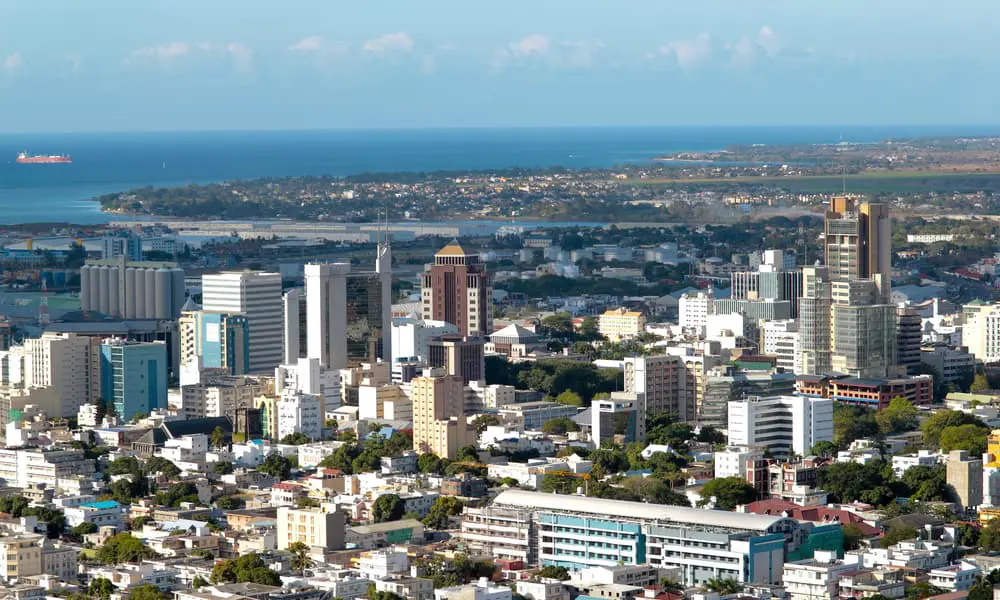
Egypt
As of 2023, this is Africa’s largest economy by GDP, with a GDP of US$394 billion and a population of more than 110 million, making it the third most populous country on the continent. The North African economy offers investors a significant market with various technological, manufacturing, and service opportunities. Its strategic location and economic complexity further contribute to its attractiveness.
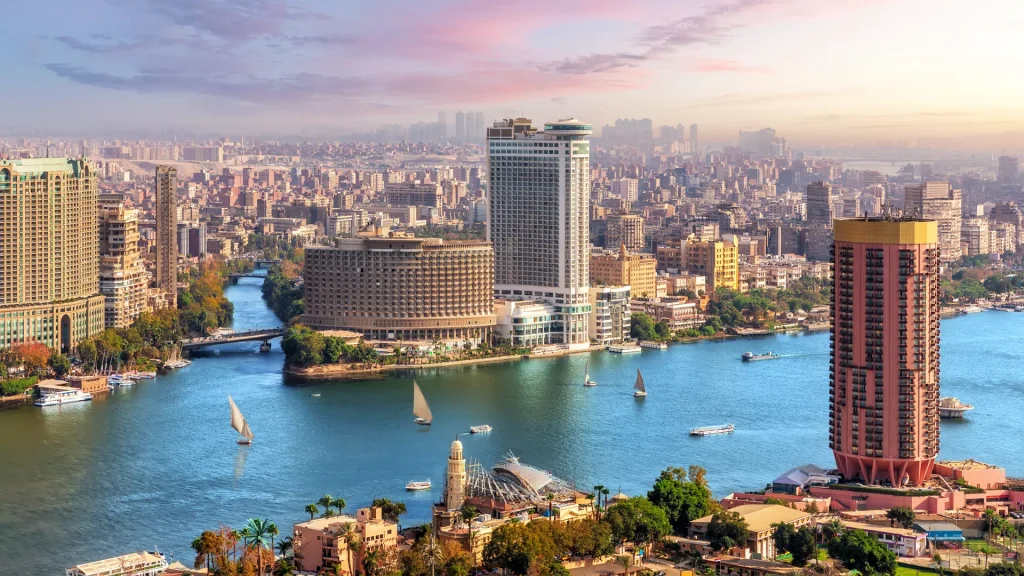
South Africa
South Africa, the second largest economy in Africa with a GDP of US$378 billion and a population of 59 million people, ranks highest in market accessibility and innovation. It received a satisfactory economic stability and investment climate rating but scored poorly in social and human development. Despite these challenges, South Africa remains a crucial investment hub in Africa due to its strong financial sector, diverse economy, and potential for infrastructure development.
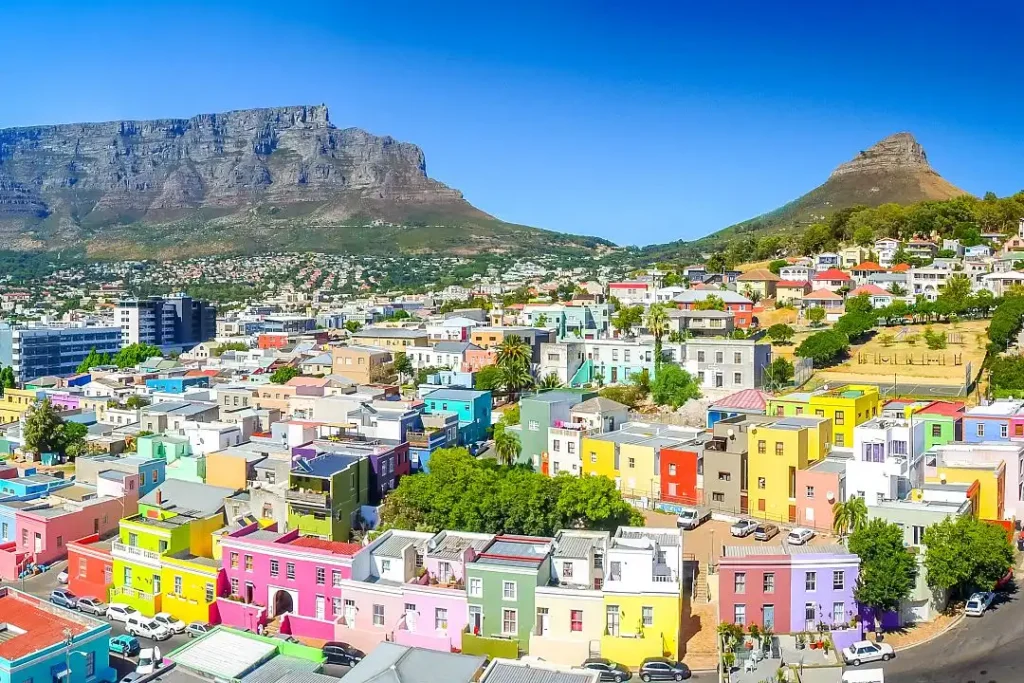
Morocco
This North African economy has the best rankings in market accessibility and innovation, economic stability and investment climate. Morocco’s strong performance in connectedness, innovation, and economic stability earned it a slot as a top investment destination. Its strategic proximity to European markets adds to its appeal.
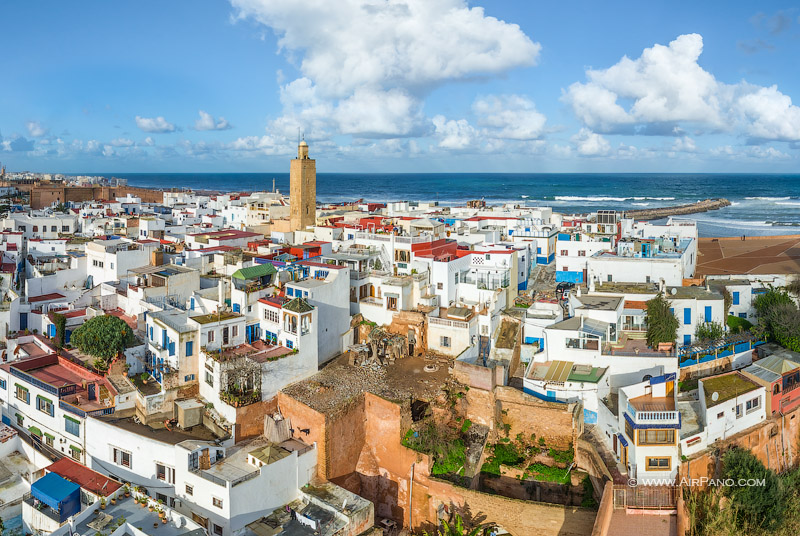
Ghana
Although its economic size is less than US$100 billion, the country has made significant progress in technological innovation and diversifying its economic foundations, making it an appealing destination for investment. It is recognized as one of the emerging markets with substantial growth potential and is highly rated for its growth structure, with the ability to leverage its demographic dividend.
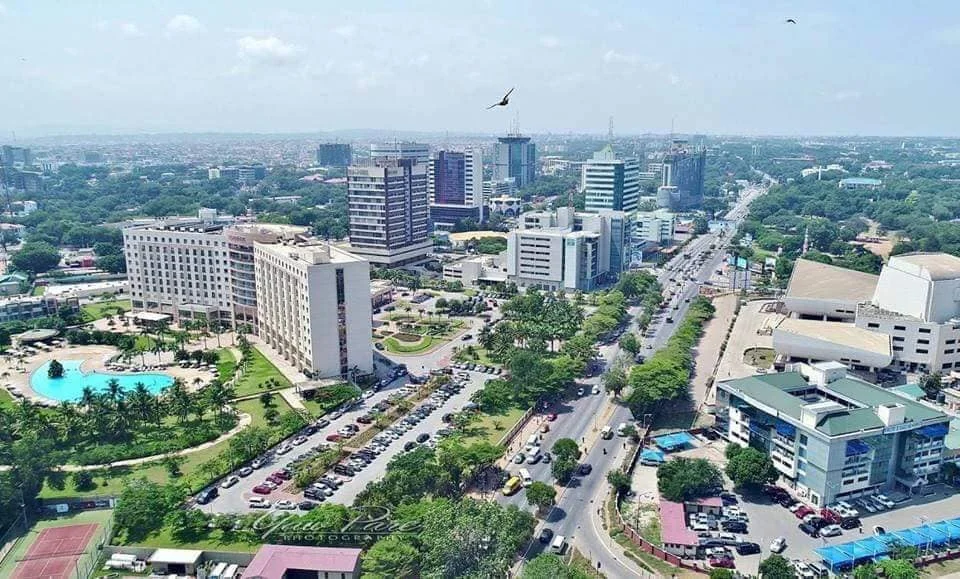
Tunisia
This francophone country has a solid international presence and is listed among the ‘Global Connectors’. It ranks second in market access and innovation and best in all four metrics.
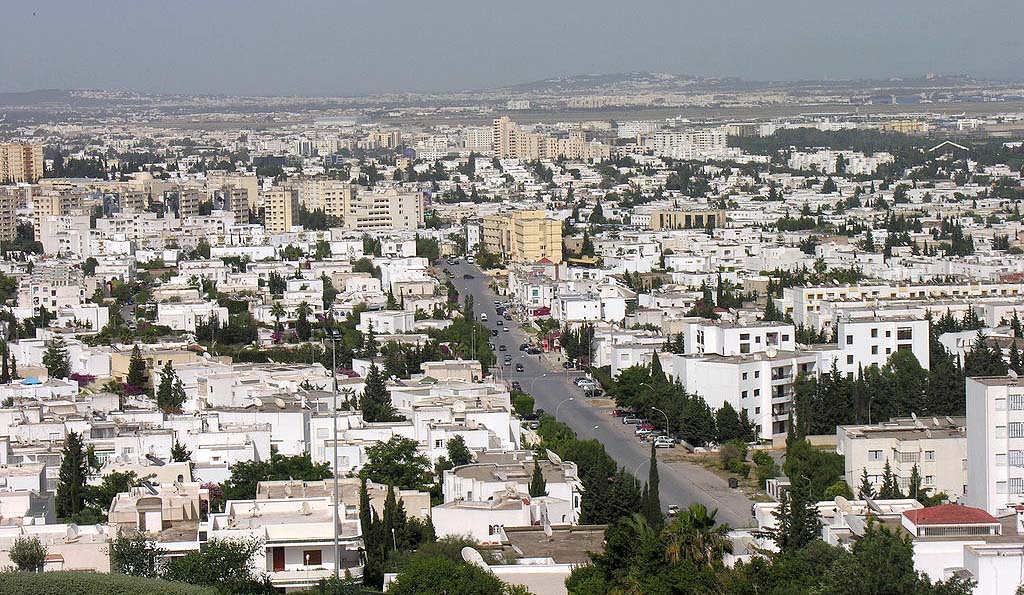
Senegal
This West African economy is a “Low Base Boomer”—small economies with high growth potential. According to the IMF, it enjoys the highest economic growth projection of the top ten, coming in at 6.8% over the next five years. It performs well in social and human development, market accessibility, and innovation. Additionally, it has satisfactory scores in economic performance and potential, economic stability, and the investment climate.
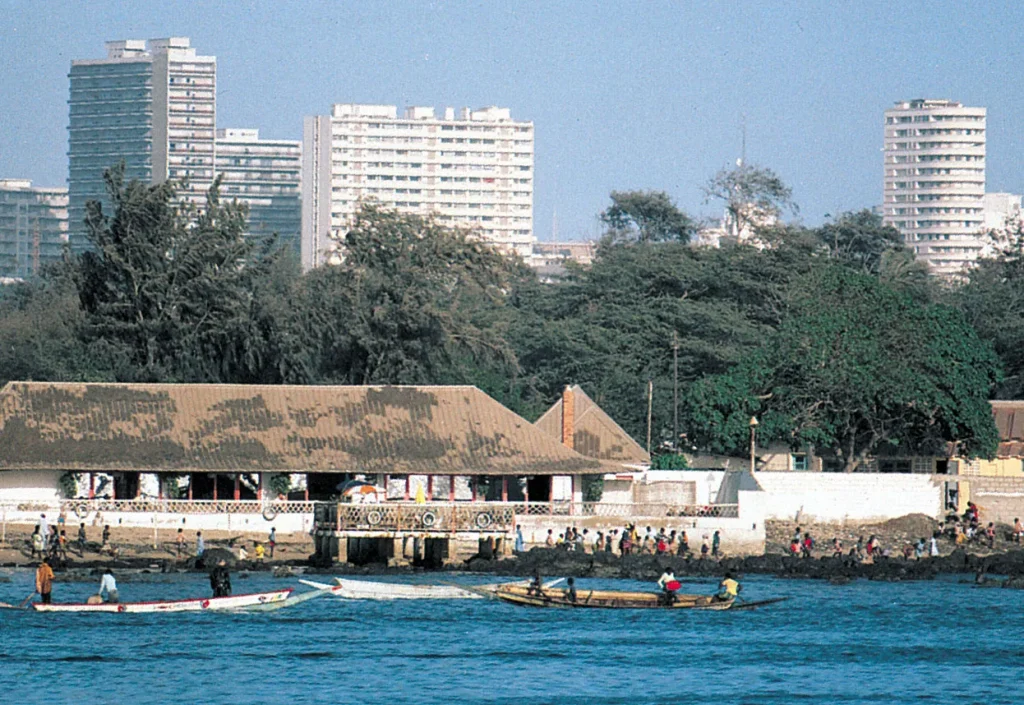
Nigeria
Nigeria, the third largest economy with a GDP of US$375 billion in 2023, was ranked the ninth most attractive destination. It scored second highest on economic performance and potential but had poor scores on market accessibility and innovation, economic stability, and investment climate. However, it has been listed among key markets where infrastructure development could yield significant returns.
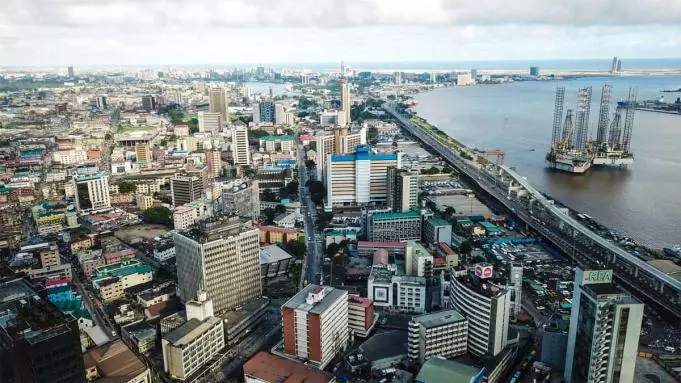
Algeria
The economy ranked fourth in Africa with a GDP of US$245 billion and scored exceptionally well in social and human development, economic performance, potential, market accessibility, and innovation. It holds the top rank in urbanization score among the ten economies evaluated. However, it received poor scores in economic stability and investment climate.
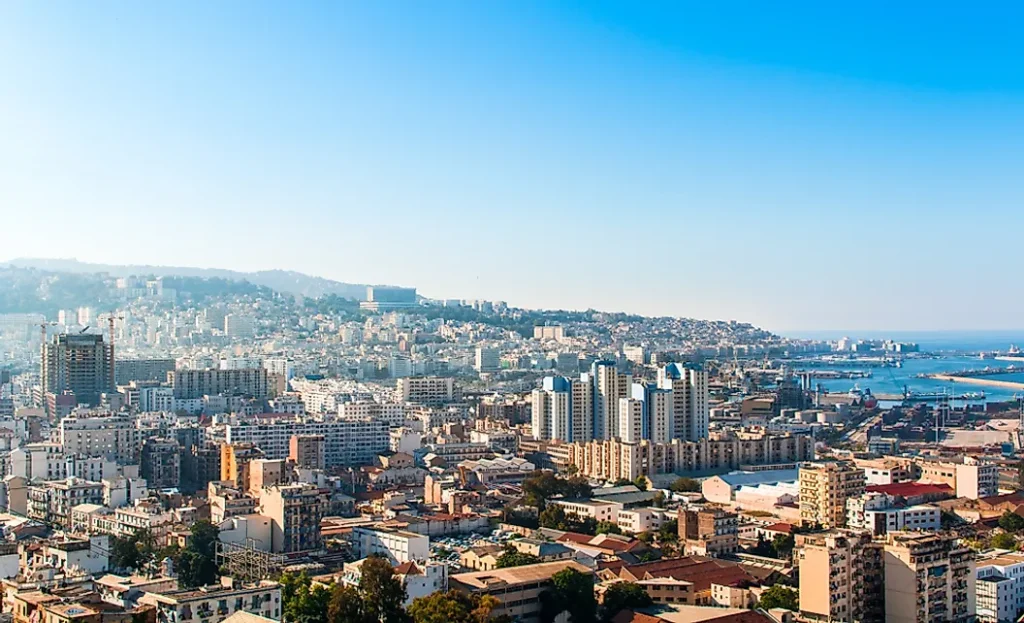
Credit: Conrad Onyango, Bird Story Agency

